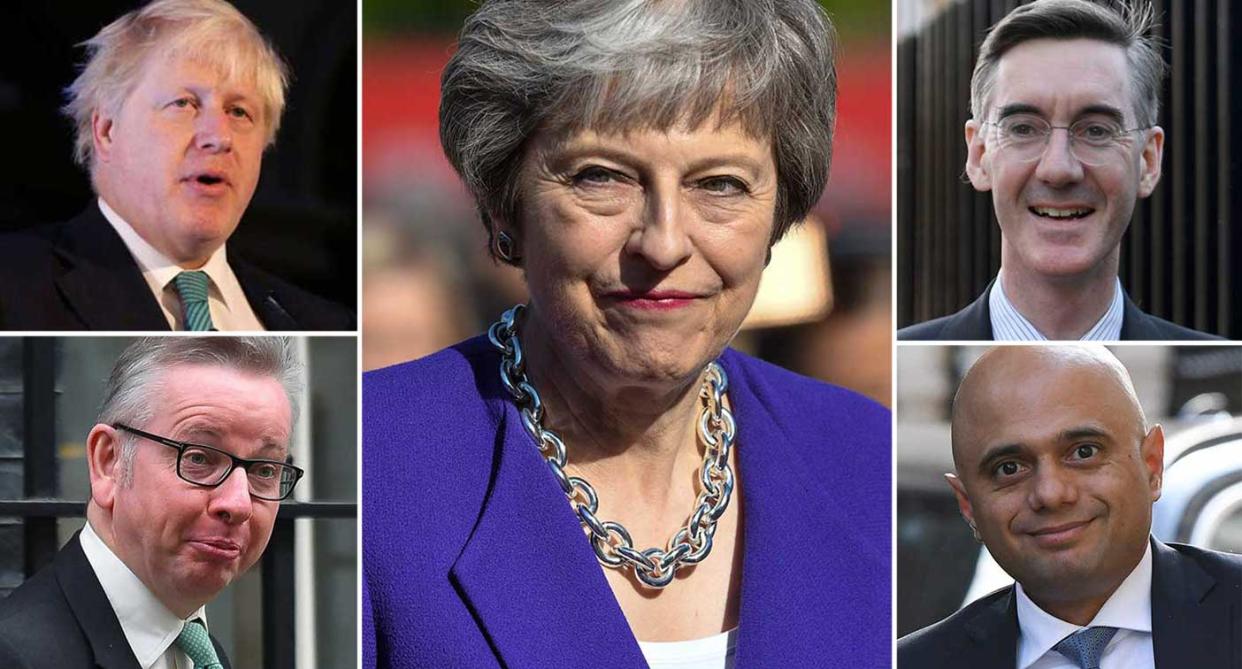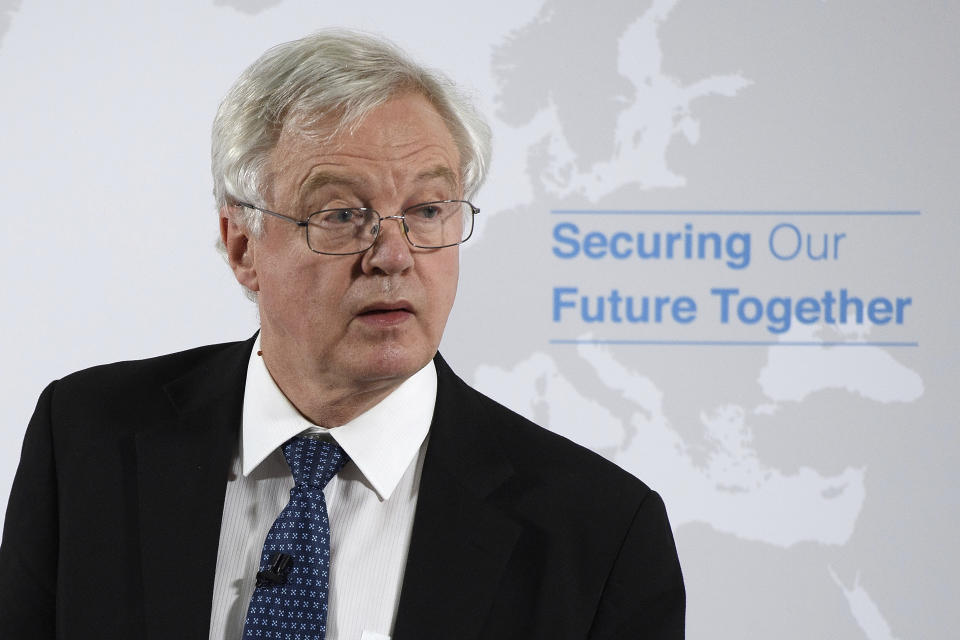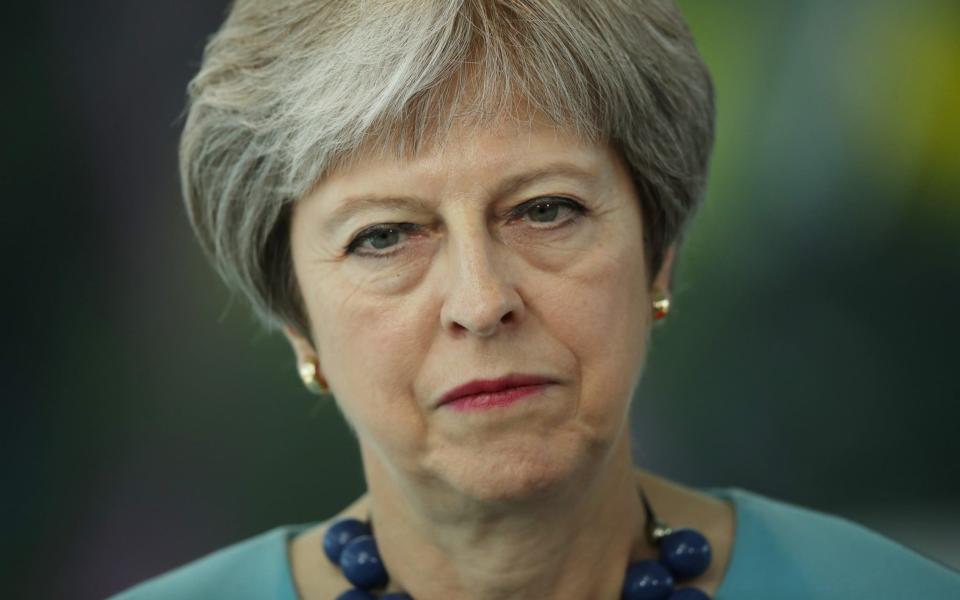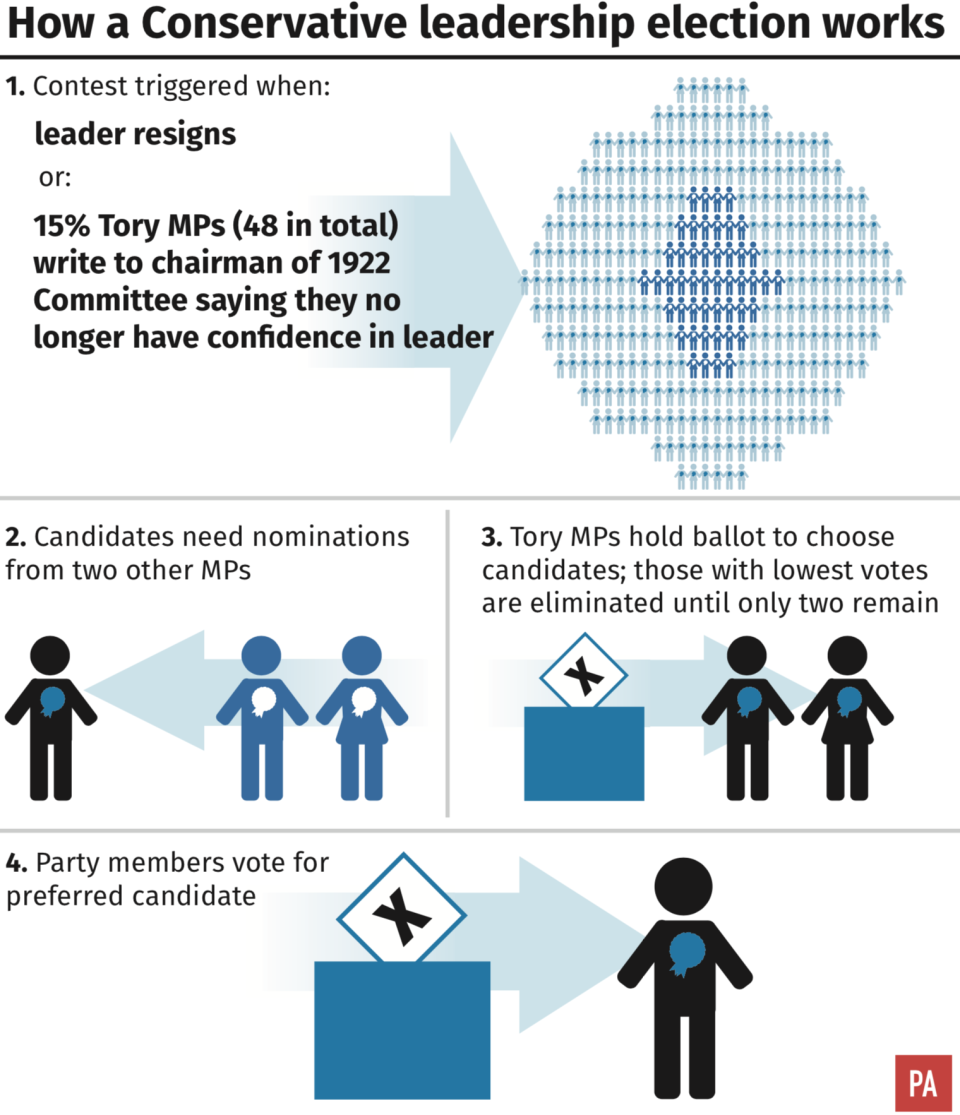What’s next in the Tory leadership crisis?

David Davis and Boris Johnson have both resigned from their cabinet positions in a major blow to Theresa May.
No-nonsense politician Mr Davis previously revelled in the description of being Britain’s “Brexit bulldog”, charged with leading negotiations with his EU counterpart over the country’s withdrawal.
But the ex-Secretary of State for exiting the European Union said the Government had gone further than it should have in the negotiations, and warned it was a “dangerous strategy”.
His late-night resignation plunged Mrs May into a fresh leadership crisis and he was swiftly followed out of the Department for Exiting the EU by ally Steve Baker.
He said a leadership challenge would be the “wrong thing to do” and insisted he believed Mrs May was a “good prime minister”.
Foreign Secretary Boris Johnson became the latest senior figure to quit and the second Cabinet “big beast” to go in little more than 12 hours when he resigned from the Government on Monday afternoon.

Their exits may embolden Brexiteer backbenchers with concerns about Mrs May’s leadership.

The move came on the eve of a major test for the Prime Minister as she faces first the House of Commons and then a potentially stormy meeting of Tory MPs and peers on Monday.
BREXIT DEVELOPMENTS – MORE ON YAHOO UK:
Article 49: What is it and how can it reverse Brexit after the UK leaves the EU?
How the ‘Brussels Effect’ will continue to run Britain’s economy long after Brexit
How will Brexit affect your finances in 2018?
Facebook widens probe into Russian influence on Brexit vote
Second vote not undemocratic, Irish PM says on Brexit
Mr Davis’ departure could trigger a series of resignations from the front benches, particularly from hardliners.
An avalanche of departures could trigger a leadership contest in the Tory party.
Mrs May must be expecting others to go with Davis, and will be particularly keen to know what fellow Brexiteer Andrea Leadsom intends to do now.
If the Prime Minister cannot unite her Cabinet and convince them over the Brexit negotiations, she has no chance of getting the EU to agree to the terms.
How could a leadership contest be triggered?
A leadership contest can be triggered in two ways. Either the leader must resign, or at least 15% of Conservative MPs need to write to the chairman of the 1922 Committee expressing a lack of confidence in the current leader.

The 1922 Committee is a committee of all the Conservative backbench MPs, which meets weekly while the House of Commons is sitting.
Any MP who wishes to run as candidate needs the support of two fellow MPs in order to get onto the ballot paper. If only one candidate is nominated, they automatically become the next leader.

Tory MPs then vote using the first past the post system. If more than three candidates have been nominated, the one with the lowest proportion of votes is eliminated and another ballot is held. This process continues until two candidates remain.
Conservative Party members then vote for the two nominees, and the winner becomes the new leader.
Who’s the favourite to take over?
Next Conservatives party leader:
Michael Gove: 5/1
Jacob Rees-Mogg: 4/1
Sajid Javid: 4/1
Boris Johnson: 4/1
Andrea Leadsom: 11/1
Jeremy Hunt: 12/1
Next Prime Minister:
Jacob Rees-Mogg: 7/1
Michael Gove: 6/1
Jeremy Corbyn: 5/1
Sajid Javid: 6/1
Boris Johnson: 4/1
Jeremy Hunt: 12/1

 Yahoo News
Yahoo News 
